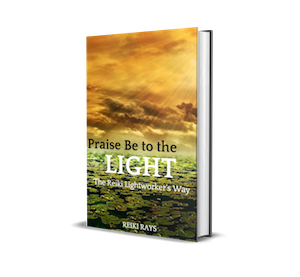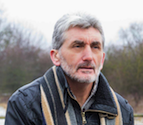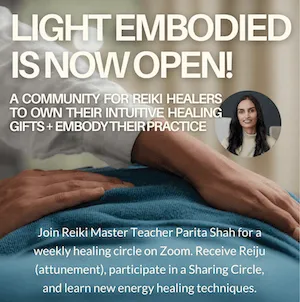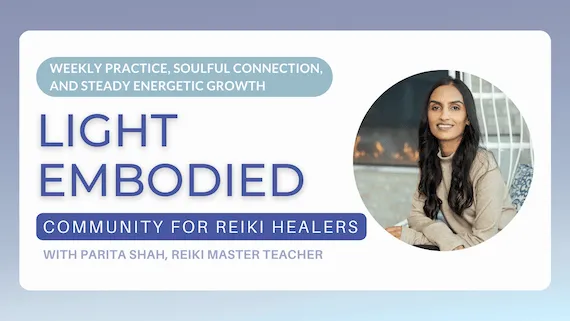We are led to believe that the act of ‘trying’ is a necessary and inescapable part of any achievement, whilst to ‘try’ is to attempt and to ‘do’ is to succeed. We believe that trying is normal, it’s a part of normal everyday life, yet what we believe to be normal is nothing more than a personal or subjective point of view, and as we all know your point of view or more precisely your view point is determined by where you are at any given time. What is considered ‘normal’ by one person may appear totally strange to another.
The very act of trying contains an element of uncertainty, when we say we will try we are unsure of whether we will succeed or fail in our attempt because we automatically link trying to a judgement of, or a measurement of personal ability and in trying we may in some way fail. We find it easier to say I will try than I will do; part of this problem with trying and doing is our desire to judge everything we do from a ‘better than’ or ‘not as good as’ point of view. A lot of the time we convince ourselves before we have even attempted something that we can’t do it we can only try, then judge our efforts against some unrealistic goal and find our efforts lacking as we fail to measure up to the ideal

Do we need to try? Is it possible to ‘just do’ without sitting in judgement all the time? What would happen if we replaced trying with simply doing, would we achieve more, would we be less judgemental of others and ourselves? To try is to attempt, to do is to complete, yet in reality all action is complete and as it should be the moment it is carried out, it’s only our desire to judge and criticise that makes it appear less than it actually is. Doing is trying by another name; doing is achievement without judgement, criticism, or guilt. Creation is a process; it’s never finite, it’s a gradual conscious evolution that involves thought, attention, intention, and action, ‘doing’ is creation by another name. Our consciousness is both attention and intention; our attention energises and our intention transforms what we focus upon, our attention is concerned with the present while our intention creates the future we desire, or not as the case may be. Doing is intention by another name.
The artist doesn’t sketch the first line onto the canvass then step back and say ‘It’s ok, but it’s not a very good portrait’, the writer doesn’t put pen to paper and number the first page then sit back and say ‘It’s ok but it’s not a novel’. The builder doesn’t lay the first foundation stone then berate his own efforts because it doesn’t match up with the architects design. When we say that we can’t write, draw, or do anything we are making judgements on our own abilities and comparisons against someone or something that we believe to be better than us. Doing has nothing to do with ability or the lack of it, we all have the ability to do and enjoy the experience without the need to judge our actions from a better or worse point of view. Isn’t it better to say ‘I haven’t learnt how to do that yet, but I will do it’?
The difference between those who try and those who do is one of judgement and belief; those who see their actions no matter how small as necessary and complete keep their attention on the details while focusing their intention on the end result. We learn by doing; and we do what we come to know and understand, doing is a statement of attention and intention, and that every action no matter how small and seemingly insignificant is complete and a success in itself, and not to be judged prematurely against some unrealistic ideal or belief. Chinese philosopher Lao Tzu once said ‘A journey of a thousand miles begins with a single step’ how foolish would it be for a traveller to take their first step then ask ‘am I there yet’.
Article by Phillip Hawkins
Free eBook download: We’ve created an eBook with our best articles on this topic, and offer it for free to all our newsletter subscribers.


A Reiki practitioner since 1999, Phillip started teaching Reiki in 2000 and using those skills and abilities he has spent the majority of the last seventeen years working with a wide range of social and educational needs including Autism and ADHD. Working with addicts dependent on alcohol and drugs, people whose lives were extremely violent and abusive, and others who had to deal with severe mental health issues. This has enabled him to work extensively in the private sector, schools, colleges, education and care in the community, the prison service and psychiatric units.
In 2016, Phillip decided to semi-retire from full-time employment to concentrate on developing his career as a published author and the setting up of his Reiki personal development programme at the Chilton Community College.




So very true!! <3